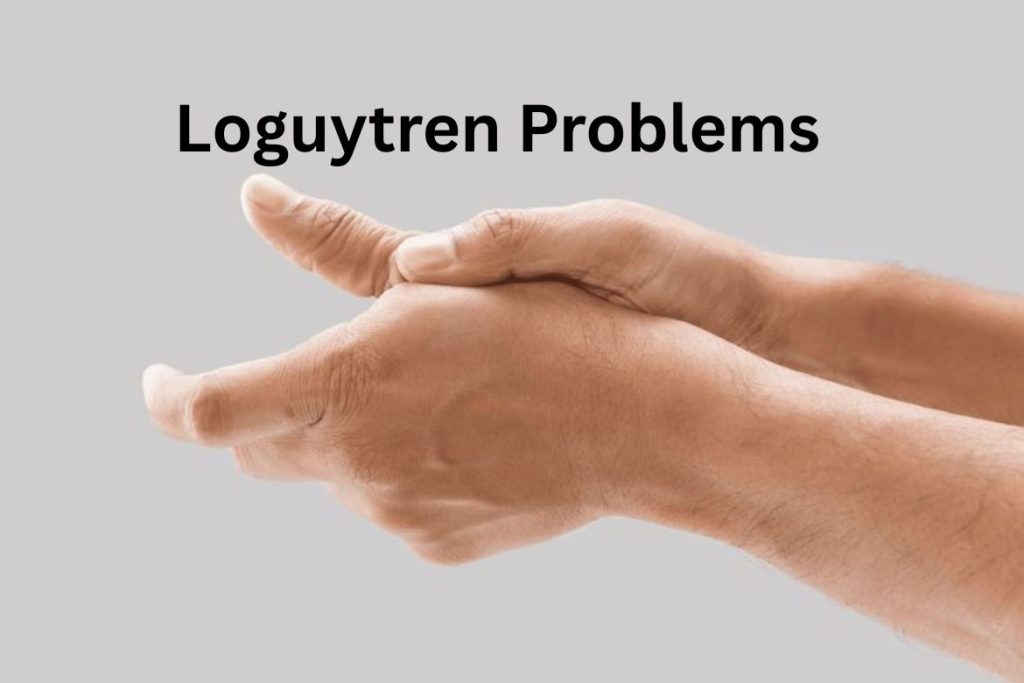
Introduction
Dupuytren’s disease, often miswritten as Loguytren problems, is a rare connective tissue disorder that affects the hands and fingers. In recent years, particularly in 2025, there has been a surge of interest in understanding the root causes, genetic predispositions, and innovative treatments for this condition. This article delves into the latest research, diagnostic tools, and therapeutic advances shaping the future of Dupuytren’s disease management.
What Are Loguytren Problems?
“Loguytren problems” is a common misspelling of Dupuytren’s disease or Dupuytren’s contracture, a hand deformity that develops over years due to thickening and tightening of the palmar fascia.
Understanding Dupuytren’s Contracture
This condition typically starts as small nodules under the skin of the palm, eventually pulling one or more fingers into a bent position. It’s not usually painful but can severely affect hand function.
Early Symptoms to Watch For
- Small lumps or nodules in the palm
- Difficulty laying the hand flat
- Finger stiffness
- Progressive finger curling
What Causes Dupuytren’s Disease?
The exact cause remains unknown, but it’s believed to involve a mix of genetic, environmental, and autoimmune factors.
Who Is at Risk?
- People of Northern European descent
- Men over 50
- Individuals with diabetes or epilepsy
- Smokers and heavy drinkers
- Family history of Dupuytren’s
2025 Research Highlights
Recent studies in 2025 have focused on early intervention, gene markers, and custom therapies based on individual genetic profiles.
Advancements in Genetic Studies
Scientists have identified new gene variants associated with Dupuytren’s, paving the way for predictive testing and personalized treatment plans.
New Diagnostic Tools
AI-powered imaging systems and 3D ultrasounds now allow doctors to detect the disease in its earliest stages with pinpoint accuracy.
Surgical Interventions in 2025
Procedures like fasciectomy and needle aponeurotomy have become more precise, with faster recovery times thanks to robotic-assisted surgeries.
Minimally Invasive Therapies
Minimally invasive procedures using micro-incisions and advanced imaging now allow for quicker treatments and minimal scarring.
Collagenase Injections: What’s New?
FDA-approved collagenase injections have improved formulations in 2025, reducing recurrence rates and improving flexibility restoration.
Stem Cell Applications
Clinical trials using mesenchymal stem cells (MSCs) show promise in halting or even reversing fibrous tissue formation.
Laser Therapy Developments
Emerging low-level laser therapies (LLLT) can soften nodules and delay progression without the need for surgery.
Physical Therapy and Recovery
Customized physiotherapy regimes help improve range of motion and reduce post-treatment complications significantly.
AI in Dupuytren Diagnosis
AI-based diagnostic platforms use patient history and image data to provide real-time insights and suggest optimal treatment paths.
Role of Diet and Lifestyle
Anti-inflammatory diets and vitamin-rich foods like turmeric, omega-3s, and magnesium are being explored for supportive care.
Preventive Measures
Avoiding repetitive hand trauma and managing health conditions like diabetes may lower the risk of developing Dupuytren’s.
Case Studies from 2025
Several peer-reviewed studies in 2025 document successful outcomes from combining gene therapy and traditional surgery.
Comparison of Treatment Outcomes
Patients who received early-stage intervention reported significantly better outcomes than those who delayed treatment.
Patient Stories and Testimonials
Real-life accounts show that a combination of therapy, diet, and technology-based treatments dramatically improves quality of life.
Future of Dupuytren’s Treatment
Future approaches may include gene editing using CRISPR and nanotechnology-based drug delivery systems.
Challenges Faced by Researchers
Despite progress, challenges remain:
- Understanding recurrence mechanisms
- Long-term treatment effects
- Accessibility of advanced care
Insurance and Cost Concerns
While some new treatments are expensive, insurance providers in 2025 have started including collagenase injections and AI diagnostics in plans.
Global Prevalence and Studies
Though common in Europe, emerging reports from Asia and South America highlight an increasing global footprint of the disease.
Innovative Research Labs in 2025
Top institutions like Mayo Clinic, Karolinska Institute, and Oxford University are leading cutting-edge Dupuytren’s research.
Dupuytren’s and Mental Health
Chronic hand deformities can impact self-esteem and job performance. Counseling and therapy are recommended as part of treatment.
Support Groups and Resources
Online communities such as Dupuytren Foundation and HandHealth.org offer valuable peer support and expert insights.
How to Talk to Your Doctor
Prepare by:
- Documenting symptoms
- Asking about new treatment options
- Discussing lifestyle and prevention strategies
Common Myths Debunked
- Myth: Only old people get Dupuytren’s
- Fact: It can appear in younger individuals with a family history.
- Myth: Surgery is the only treatment
- Fact: Several non-surgical treatments are now available.
Conclusion and Final Thoughts
As we move further into 2025, breakthroughs in genetic research, AI diagnostics, and innovative treatments are transforming how we approach Dupuytren’s disease—often misidentified as Loguytren problems. With increased awareness, early diagnosis, and access to cutting-edge care, patients now have a brighter outlook than ever before.






